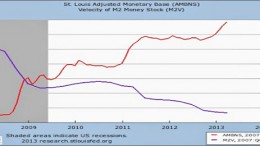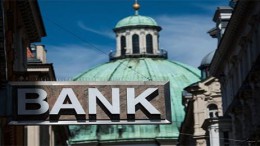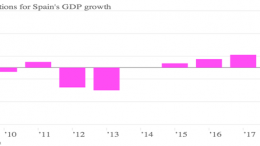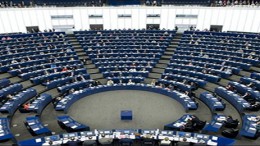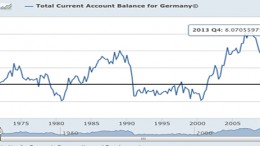Germany and Spain push EZ up
MADRID | By Julia Pastor | Germany and Spain are leading the Euro zone’s economic recovery from the EZ’s North and South, respectively. 1Q14 data point out the German economy grew by 0.8% and Spanish by 0.4%, while France’s GDP was flat and Italy, Portugal and the Netherlands went back to recession. Merkel’s following the EC recipes to increase wages and Rajoy’s reforms -despite a big, painful impact on the Spanish population- seem to have bear fruit.


